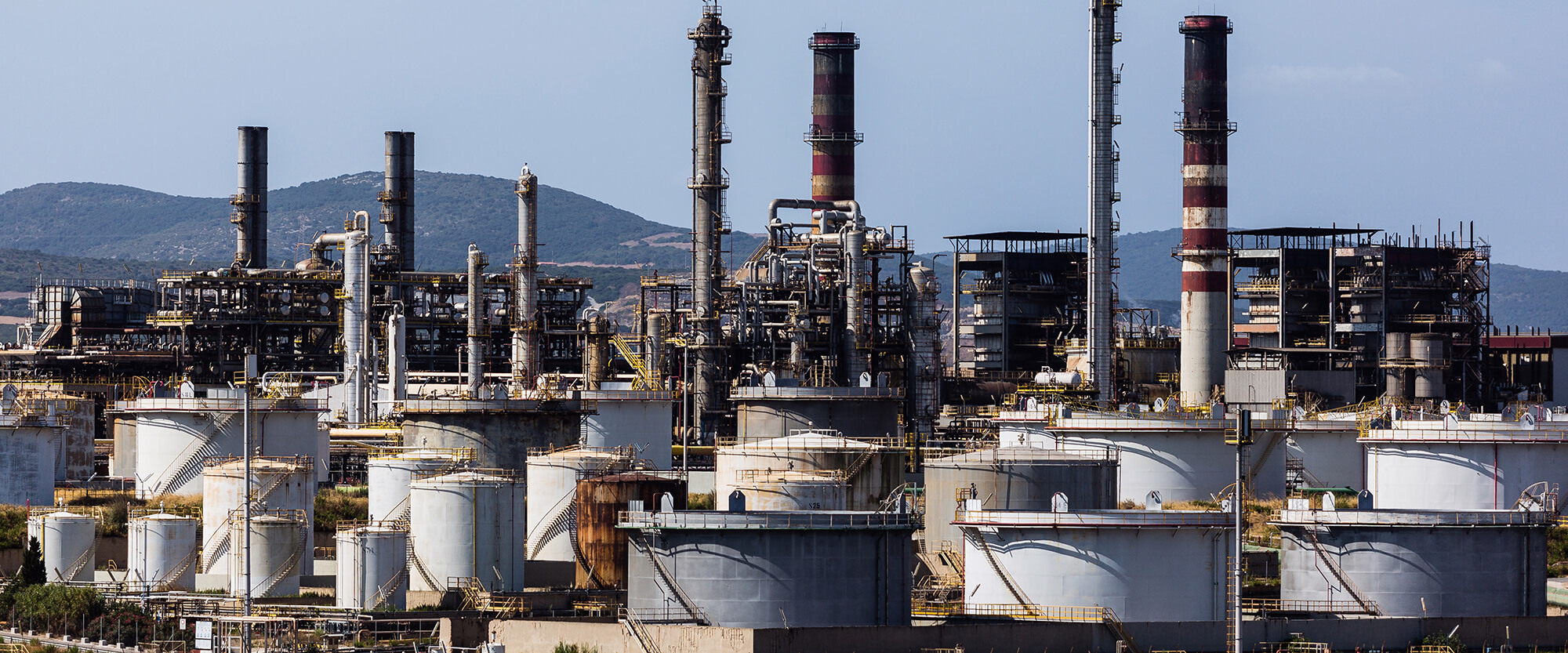
What Is Epoxy Resin And How Many Types Are There?
Epoxy resin is a type of synthetic resin that is created through a chemical reaction between epoxide monomers and a hardening agent or curing agent. It is commonly used in various industries and applications, such as adhesives, coatings, composites, and electrical insulation.
Epoxy resins offer several desirable properties, including high strength, excellent adhesion, chemical resistance, and low shrinkage upon curing. They are known for their ability to form a strong and durable bond with a wide range of materials, including metals, glass, wood, and plastics.
There are different types of epoxy resins available, and they can be classified based on various factors, such as the nature of the epoxy resin itself, the curing mechanism, or the intended application. Here are a few common types:
1. Bisphenol A (BPA) Epoxy Resin: This is the most commonly used type of epoxy resin. It is created by reacting bisphenol A with epichlorohydrin. BPA epoxy resins offer excellent mechanical properties and are widely used in various industrial applications.
2. Novolac Epoxy Resin: Novolac epoxy resins are created by reacting phenol novolac resins with epichlorohydrin. They have higher cross-link density compared to BPA epoxy resins, providing improved chemical resistance. Novolac epoxy resins are commonly used in applications where chemical resistance is crucial, such as tank linings and chemical storage facilities.
3. Cycloaliphatic Epoxy Resin: Cycloaliphatic epoxy resins are formulated using cycloaliphatic amines or acids. They offer enhanced UV resistance and better color stability compared to other epoxy resins. These resins are often used in outdoor applications or when exposure to sunlight is expected.
4. Waterborne Epoxy Resin: Waterborne epoxy resins are emulsions or dispersions of epoxy resin particles in water. They offer lower VOC (volatile organic compound) emissions and are environmentally friendly compared to solvent-based epoxy resins. Waterborne epoxy resins are commonly used in coatings, adhesives, and flooring applications.
5. Flexible Epoxy Resin: Flexible epoxy resins are modified epoxy resins that incorporate elastomers or flexibilizers into the formulation. These resins offer improved impact resistance and flexibility, making them suitable for applications where vibration or impact is expected.
